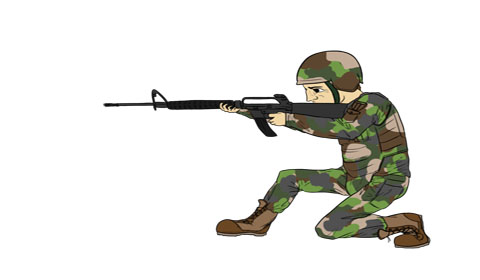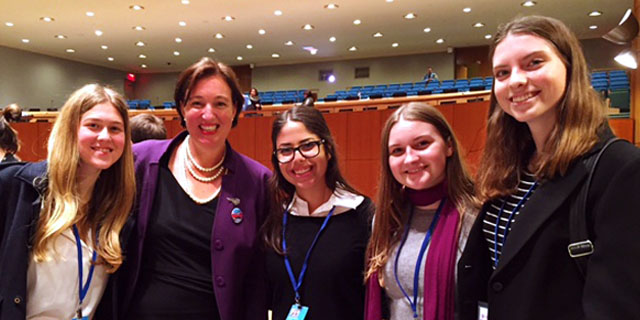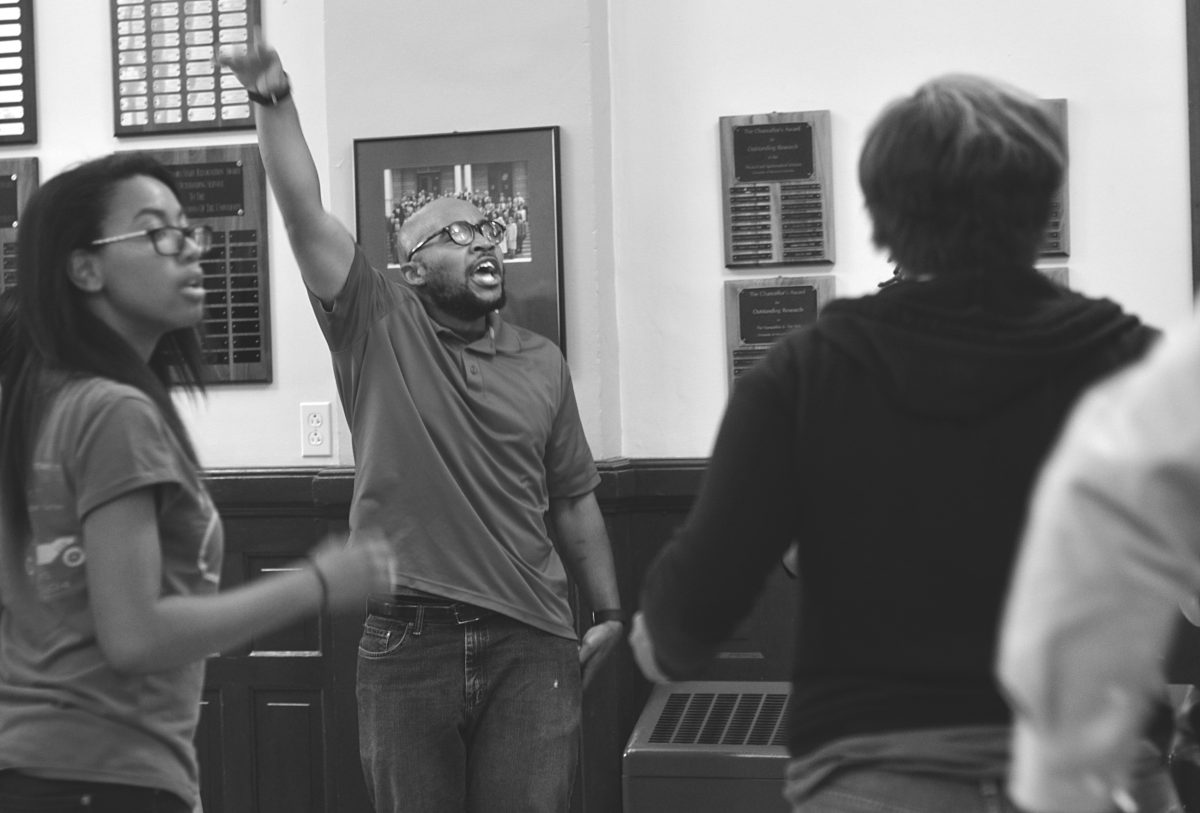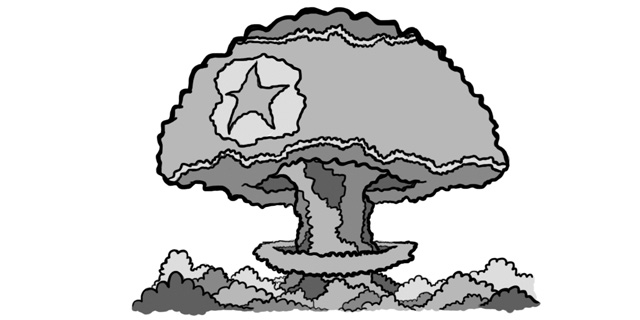
Although the Obama administration had officially planned to withdraw troops from Afghanistan by 2014, concerns about the stability of the Afghan government led the U.S. administration to enter talks with Afghan president Hamid Karzai to extend U.S. and the North Atlantic Treaty Organization (NATO) presence in the country until 2024.
In October 2013, Karzai and U.S. Secretary of State John Kerry initially reached a tentative deal for the Bilateral Security Agreement (BSA) to keep approximately 10,000 U.S. troops in Afghanistan to train Afghan forces and continue hunting Al Qaeda members. However, Kerry and Karzai clashed over several points regarding U.S. troop juristicial prosecution and Afghan privacy rights, preventing them from finalizing the agreement.
Karzai opted to seek approval of the BSA from the loya jirga, a solely consultative assembly of approximately 2,500 Afghan tribal elders and notables. However, Karzai announced on Nov. 23 that he would delay signing the agreement until after the April 2014 election. The following day, he officially rejected the loya jirga’s recommendation that he sign the BSA.
Karzai has asserted that his decision on the BSA hinges on U.S. military actions that he perceives as an infringement on Afghanistan’s sovereignty and the rights of its population. He wants to bar U.S. troops from entering the homes of private Afghan citizens and has also pointed to drone strikes as evidence of foreign oppression.
Karzai condemned a November 2013 U.S. Special Forces night raid in Nangarhar Province that purportedly killed two civilians. American officials stated that the raid had been a joint operation led by the Afghan military and that two armed insurgents had been killed. Karzai also reacted negatively to a NATO drone strike in November, which killed civilians in Helmand Province in Southern Afghanistan. One child was killed and two women were wounded after a drone missed its target.
“This attack shows that American forces do not respect the lives and security of the people of Afghanistan,” Karzai wrote in a statement posted to his website, according to the New York Times.
According to National Security Advisor Susan Rice, if the U.S. and Afghanistan do not come to an agreement, the U.S. will withdraw all troops from the country. The possibility of complete U.S. withdrawal, known as the “zero option,” poses many potential problems for both the security of Afghanistan and U.S. national security interests in the region. If the BSA is not signed, the billions of dollars of aid flowing into the country from the U.S. and Europe could be cut off. Since foreign aid represents 80% of Afghanistan’s budget, a sudden cessation could paralyze the government and plunge the country into economic turmoil. According to the New York Times, Finance Minister Omar Zakhilwal believes that the country would collapse if aid were withdrawn.
Additionally, many experts are concerned that the Afghan military is unprepared to fight the Taliban without assistance. In 2011, NATO rated only one of the 158 Afghan combat battalions ready for combat without support. This year, the Afghan military has taken primary control of the struggle against the Taliban. They succeeded in maintaining control of most of the territory that has been gained over the course of the war, but high casualty rates have raised questions about the army’s sustainability.
“If this keeps on for a long time, the military will collapse,” Hamayoun Hamayoun, Afghan Chairman of Defense, told the Afghan Parliament.
However, the Afghan military has shown noticeable improvement in recent years. For example, Afghan forces took command of Forward Operating Base Blessing in the Pech Valley two years ago, after U.S. troops left the region. Afghan forces maintained control of the base and decreased Taliban activity in the area. Hajji Yar Mohammed, a tribal elder from the nearby Manogai District, told the New York Times that he thought Afghan success was due to the military’s ability to establish a rapport with villagers.
“When Americans were here…nobody looked at them as friends or liberators. Everyone in the villages was trying to fight them for the sake of jihad,” he said.
The zero option would prevent the U.S. from maintaining long term bases that are used as staging platforms for counterterrorism missions elsewhere in the region. The Obama administration does not see complying with Karzai’s demands as an option. Karzai wants the U.S. to guarantee Afghan security as if the country were a NATO ally, but this could compel the U.S. to assist the Afghan military in raids into Pakistan, a U.S. ally and a nuclear-armed power. Karzai has also demanded that U.S. forces stop hunting Al Qaeda operatives unilaterally. This would confine U.S. troops to major bases and end night raids, which is not seen as compatible with U.S. counterterrorism objectives. A White House statement released in late November said that the U.S. was finished negotiating: Karzai must sign the BSA, or troops will be withdrawn.
That statement also reported that Rice had told Karzai that if a withdrawal does occur, the U.S. will “continue to work with Afghanistan to support a smooth security transition and to help ensure free and fair elections.”
However, some experts on the Middle East, such as John Allen, the former commander of NATO and U.S. forces in Afghanistan, believe that the U.S. should plan to stay past 2014 regardless of Karzai’s compliance because, since Karzai has stated the he will delay signing the bill until after the next presidential election in April 2014, it is safe for the U.S. government to assume that his successor will immediately authorize the BSA. The three primary candidates for the presidency, former Foreign Minister Abdullah Abdullah, former Finance Minister Ashraf Ghani and current Foreign Minister Zalmay Rassoul, all support a continued U.S. and international presence in the country.
President Barack Obama must decide on the future of U.S. troops in Afghanistan by Jan. 28, 2014, when he will present the U.S. plan to the country and the international community in his State of the Union address.


















